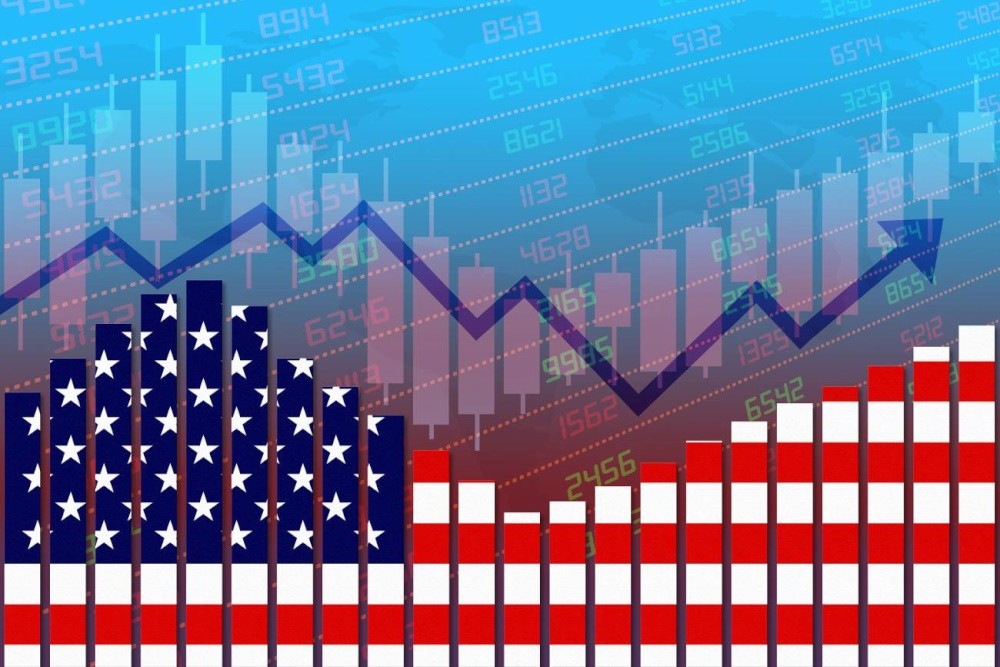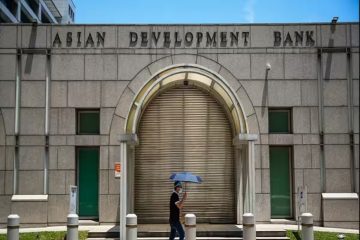The US economy slowed, but it is unlikely that it will collapse.

After experiencing rapid growth at the conclusion of the previous year, the U.S. economy took a break in January, although it is still in generally good shape.
According to the Commerce Department, retail sales decreased 0.8% in January from December, which was significantly worse than the 0.3% loss that was anticipated. Additionally on Thursday, figures from the Federal Reserve revealed that January’s industrial production decreased by 0.1% compared to the 0.2% growth that was anticipated.
The reading may have been affected by technical problems with the seasonally adjusted retail sales statistics, and the January cold probably affected both industrial production and retail sales. However, such elements do not entirely account for the deficit.
For example, Goldman Sachs economists noted in a report that although sales by nonstore retailers declined 0.8%, the cold weather does not account for the decline in e-commerce. Despite the lack of any significant weather events in the week ending February 10, Bank of America analysts observed that card spending remained flat.
However, Thursday’s data set included some positive indicators as well, albeit they were less widely reported. Spending on eating and drinking establishments increased 0.7% from December to January of last year, according to the retail sales report. This is hardly what one would anticipate if the economy were to suddenly falter.
Weekly jobless claims were lower than anticipated, the Fed’s surveys of manufacturing activity in New York state and the Philadelphia region in February came in stronger than anticipated, and the industrial production report included signs that the encouraging American trend toward high-tech manufacturing is still going strong: For example, semiconductor production increased by 23% compared to the previous year, as reported by Capital Economics.
The fact that both producers and consumers took a slight hiatus in January is hardly shocking. For a while now, economists have anticipated that the Fed’s rate hikes from the previous year would cause the economy to lag. Furthermore, none anticipated that the money consumers accrued during the pandemic would endure indefinitely, despite disagreements regarding the amount of the cushion they still have.
How adaptable the economy has been to the Fed’s tightening is what really caught us off guard. Remember that not that long ago, everyone was expecting a recession to hit soon. After adjusting for downward revisions to December’s sales gain and January’s retail sales data, Morgan Stanley economists predicted on Thursday that first-quarter GDP growth will occur at an annualized pace of 2%. The fourth-quarter growth estimate is anticipated to be cut down from 3.3% to 2.1%.
They stated in a note that “there is no reason for the Fed to rush the next move in rates” and that “the retail sales report this month supports our view that the economy is strong but cooling.”
The final result? The week’s economic data caused a lot of ado over little change in the values of stocks and bonds. The S&P 500 closed higher on Thursday than it did on Monday. The U.S. economy is growing steadily, so there’s no need to be concerned.







